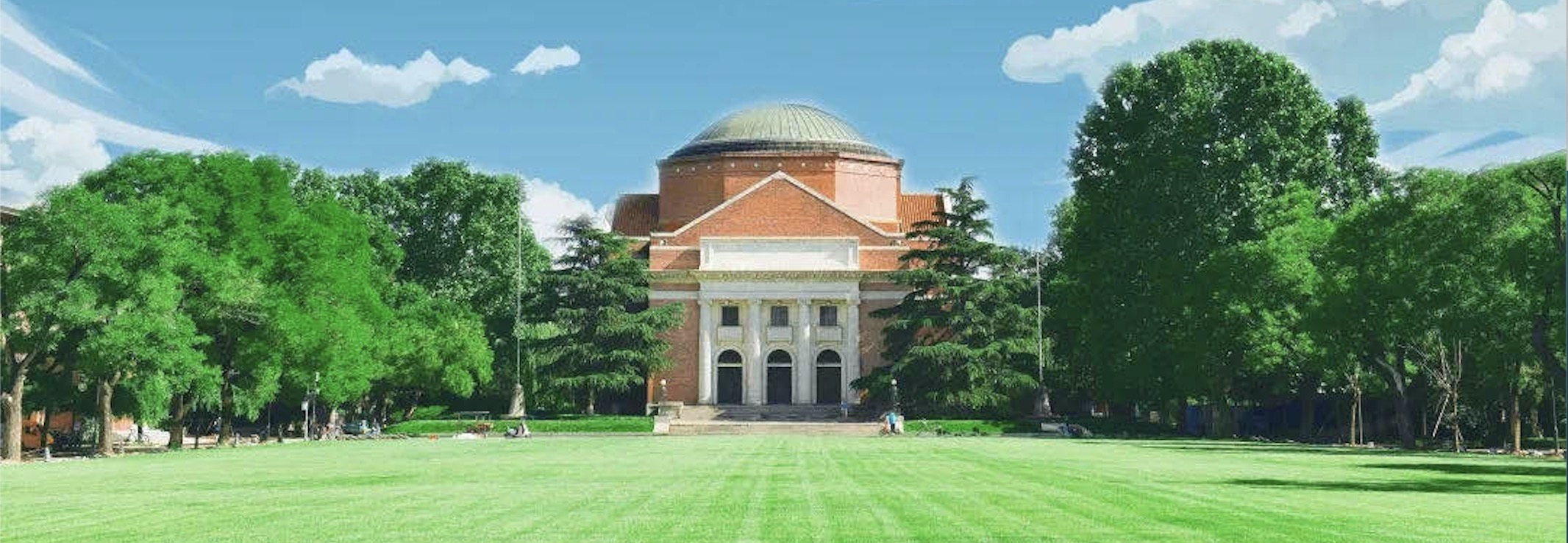Ph.D.
Chair Professor
Fellow, Royal Society of Canada;
Humanities Chair Professor, Tsinghua University;
Professor and Doctoral Advisor, School of Journalism and Communication, Tsinghua University;
Director, Research Center for Marxist Perspective on Journalism and Journalism Education Reform, Tsinghua University;
Director, Research and Teaching Base for Global South Communication, School of Journalism and Communication, Tsinghua University;
Executive Director, Heyang Institute for Rural Studies, Jinyun County, Zhejiang Province.
Courses Taught
Marxist Perspective on Journalism; Frontiers in International Communication Theory; History of Global Journalism and Communication Thought.
Educational Background
BA (Journalism, 1984): Beijing Broadcasting Institute (now Communication University of China);
MA (Communication, 1989): School of Communication, Simon Fraser University;
Ph.D. (Communication, 1996): School of Communication, Simon Fraser University.
Professional Experience
1997-2000: Department of Communication, University of California, San Diego, USA;
2000-2022: School of Communication, Simon Fraser University, Canada, obtained tenure (in 2004), received Tier II and Tier I Canada Research Chair in Political Economy of Global Communication awards(Tier II in 2004 and renewed in 2009; Tier I in 2011 and renewed in 2018), and Professor Emeritus status (in 2022);
2017-2022: Distinguished Visiting Professor, School of Journalism and Communication, Tsinghua University;
2022-Present: Humanities Chair Professor, Tsinghua University.
Areas of Specialization and Academic Contributions
Focusing on transcultural political economy communication and the intersections of communication, culture and social transformations across East-West, North-South, as well as urban-rural divides in her scholarly research, Professor Yuezhi Zhao has written extensively in both English and Chinese on global communication, the political economic and sociocultural dimensions of China’s rapidly evolving communication system, as well as the role of communication and culture in China’s internal and external transformations. She has published more than 200 academic articles and over a dozen monographs, co-authored and co-edited books, including Culture, Communication, and Rural Revitalization(in Chinese, 2025); I Work as a Village Party Secretary (In Chinese; 2025): Holding Power for the Peasantry: Zhou Liqin’s Oral History (in Chinese, 2024); Interviews on Journalism and Communication Scholarship (in Chinese, 2023); New Horizons in Communication Research (in Chinese, 2019); Communication and Society: Political Economic and Cultural Analysis (in Chinese, 2011); Communication in China: Political Economy, Power, and Conflict (in English, 2008); Global Communications: Toward a Transcultural Political Economy (in English, 2008), Democratizing Global Media: One World, Many Struggles (in English, 2005); Media, Market, and Democracy in China: Between the Party Line and the Bottom Line (in English, 1998), and Sustaining Democracy? Journalism and the Politics of Objectivity (in English, 1998). She has also co-edited a number of book series with several academic publishers in China and is a co-editor of the Geopolitics of Information book series at the University of Illinois Press.
In addition to her theoretical work, Professor Zhao has also done extensive work in participatory action research in grassroots communication and cultural empowerment within her “imagining the new global village” framework in her capacity as the Founder and Executive Director of the Heyang Institute for Rural Studies, Jinyun County, Zhejiang Province, China. She has also extended her base for scholarly praxis from rural China the Global South by serving as founding Chair of the Harare Forum for Africa, an interdisciplinary and cross-sectoral forum for advancing academic and cultural exchanges between China and Africa.
Major Awards and Honors
Professor Zhao received the Dallas Smythe Award from the Union for Democratic Communication in 2013 and the C. Edwin Baker Award from the International Communication Association in 2014. She was inducted into the Royal Society of Canada in 2019.

